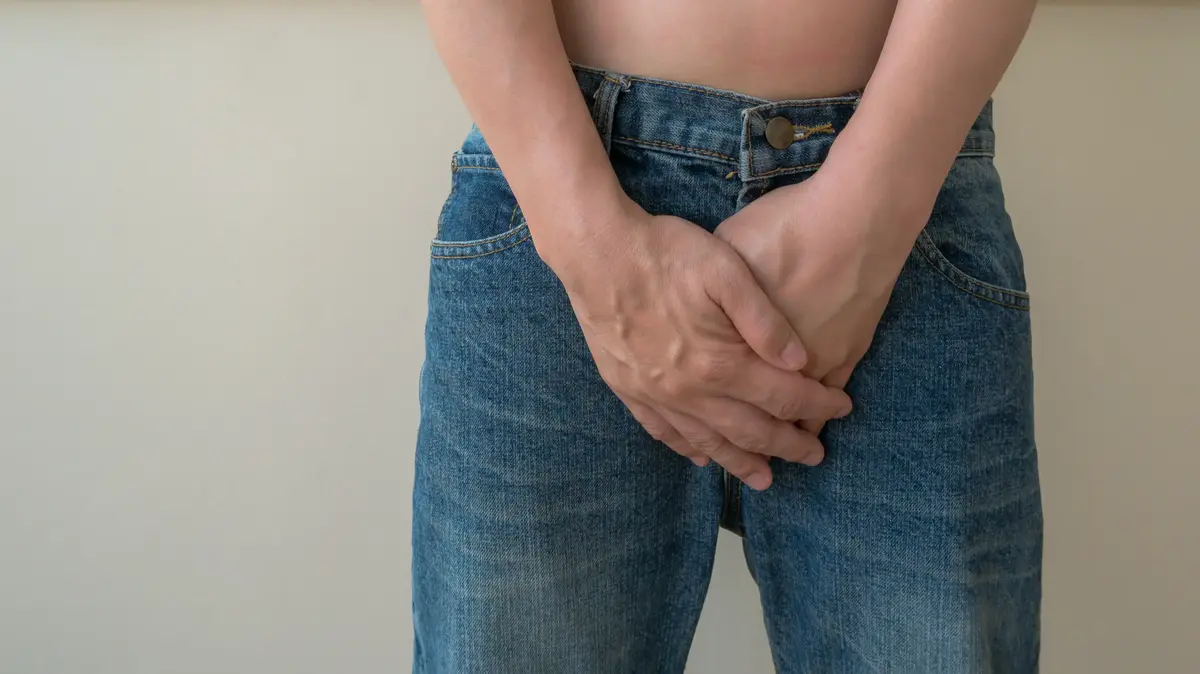Thrillers are very popular with readers.
But how do the authors find their ideas and how do they write?
Interview with Vincent Kliesch.
Note to our readers:
If you make a purchase via the links included, we receive a commission from partners.
This changes nothing for you.
Vincent Kliesch got to know thriller author Sebastian Fitzek by a great coincidence.
After the first books of their own, they are working together with a number of titles and are on the way to conquering the bestseller list.
But where does an author come up with the best ideas and what does a typical writing day look like, if there is one.
Reason enough to meet thriller author Vincent Kliesch for a coffee.
+
Thriller author Vincent Kliesch always wanted to write.
Since the "Auris" series, he has been able to make a living from writing, he reveals in an interview.
© Sven Trautwein
Berlin is undoubtedly one of the most exciting cities for thrillers and crime fiction, as crime author Johannes Groschupf reveals in an interview.
Kliesch, who initially worked in gastronomy and also collected his first ideas here, published "The Purity of Death" in 2010, with which he started his career.
In the meantime, Kliesch can make a living from writing and, on certain dates, he is also on a reading tour with Sebastian Fitzek.
Writing is what I always wanted
Vincent Kliesch
With the "Auris" series about the forensic phonetician Matthias Hegel, Vincent Kliesch achieved his final breakthrough.
The books, which are based on an idea from his friend Fitzek, create high tension.
Recently, two volumes were also successfully filmed.
Stay up to date on new publications and book tips with the free newsletter from our partner 24books.de.
How long have you been able to make a living from writing?
I've always wanted to write.
But can you make a living from it?
I probably could have made a living from it too, but it's more of a hand-in-mouth approach.
Since “Auris” I have been able to take care of writing full-time.
Has writing always been your dream?
Yes indeed.
I always wrote stories as a child and scary stories on school trips during the day.
These were collected and presented by me in the evening.
And now, when I'm on a reading tour, there's sometimes a bonus spooky story I wrote when I was 12 years old.
The funny thing is that back then I did everything wrong that could be done wrong.
For example, the hero couldn't do anything.
But I had this urge to entertain my friends.
At the age of 9 I took part in a history competition at the Zehlendorf public library.
And when I was 15, exactly at the time of reunification, there was a competition from the Berlin Senate for East-West love stories.
Here, too, I was quite successful.
I couldn't stop writing.
They had already developed a business acumen with the stories back then.
Everyone should hear the stories.
My grandmother was a secretary and typed the scary stories.
My father copied and laminated them.
Then I sold them to my classmates for one mark.
In a roundabout way, I got my first stories back and occasionally read them out on the tour.
Which author inspired you back then?
Honestly, John Sinclair's Ghostbusters.
I adapted it extensively and then just wrote it straight away.
All completely illogical.
the main thing is to write.
There are scenes, for example, where nothing fits together and the distances aren't right either.
The "Auris" thrillers in order
Auris (2019)
The Frequency of Death (2020)
Death Rush (2021)
The Sound of Evil (2022)
Top ten most beautiful libraries in the world: A cathedral for books
Top ten most beautiful libraries in the world: A cathedral for books
How did the first big book idea come about?
I worked in the catering sector, which was very tiring.
At some point I thought I should write a book about how a waiter gradually kills his guests.
And so I worked my way along with the book idea during the job.
And toyed with the idea.
Surely that wasn't so easy next to the full-time job?
I tried it.
I obtained secondary literature.
Something like, "How to write a novel" and looked at what the rules of writing are.
Then I revised it several times and worked on it really long and hard.
I also tried to understand how the book market works and turned to literary agents.
In the end I was incredibly lucky.
Two publishers wanted the manuscript and outbid each other.
Have you and Sebastian Fitzek been friends since childhood?
No, even if it may seem like it.
I met him at a radio station.
I found out he was there.
My book was to be published by a large general-interest publisher.
As luck would have it, I stood with him in the coffee kitchen for a short time and chatted.
Since then we have met again and again in Berlin and develop stories together.
What does everyday writing look like?
The positive first: I don't know of a classic writer's block where I don't know what to write.
I am currently writing from one book project to the next.
It all goes hand in hand.
I always write on my computer at home.
For a long time I didn't have a laptop to write something down on the go.
In the meantime, I've made a writing plan that I stick to.
When I was still working in gastronomy, I tried to write in the evenings and at night.
But that didn't always work out well.
I usually have six months now for a book project.
You can see that writing can also be physically demanding.
Do you and Sebastian Fitzek write the books together?
For the first four Auris volumes, Sebastian had the core idea.
We always worked on that bit by bit.
We call each other during the week and discuss everything that we have written.
We've got each other's backs.
You could almost say he outsourced the "Auris" series to me because he didn't have the capacity to do it himself.
Bit by bit, the name Fitzek will also disappear from the titles in the “Auris” series.
How much influence did you have on the "Auris" film adaptation
With the film adaptation of Auris, we had more say than one might normally have.
We were able to implement the film idea with Regina Ziegler, a friend of Sebastian's.
And here, too, his name ensured that not all ideas were immediately thrown overboard.
His good advice helped us all with the film.
How important is a place on the bestseller list?
Of course it is not unimportant.
However, a place on the list does not necessarily say anything about the sales figures.
If the sales figures are good and something can be done with the licenses, for example for audio books or films, then this is more than a nice by-product.
Thank you for the interview.
List of rubrics: © Sven Trautwein











